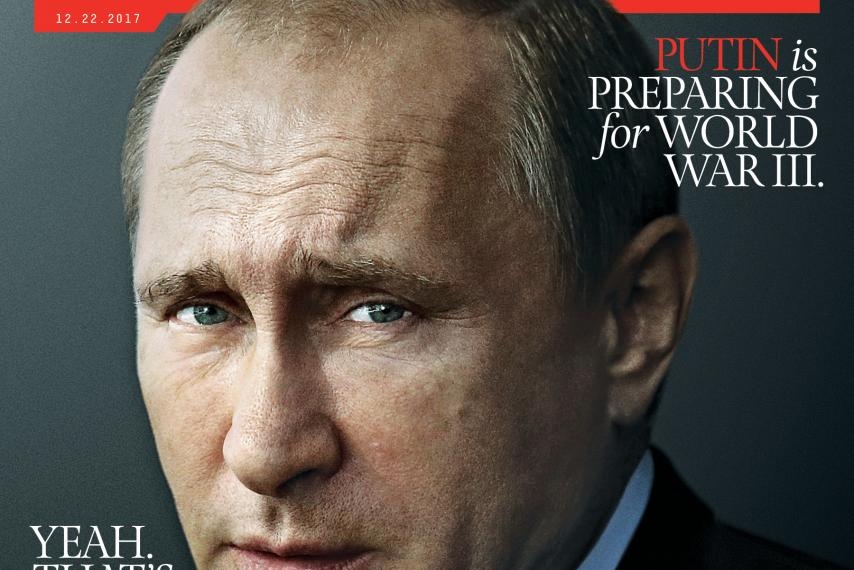

In 1993, 20 bombs' worth of HEU was discovered in a poorly secured building in Kazakhstan. Could terrorists steal or buy HEU or Pu? Yes.Have terrorists acquired fissile material? No known cases.However, as the IAEA reported in 2009, "There are indications that the seized material was only a sample of larger quantities available for illegal purchase or at risk of theft." One hundred percent of "known" stolen or lost fissile material has been recovered. Bombs' worth of fissile material that has been stolen or lost: More than 1.Number of bombs that can be built with global stocks of fissile material: More than 200,000.Global stockpile of separated Pu: 500,000 kg.Amount of Pu required to make a crude nuclear bomb: 8 kg.Amount of HEU required to make a crude nuclear bomb: 25 kg.nly modest machine-shop facilities that could be contracted for without arousing suspicion would be required." Office of Technology Assessment (1977): "A small group of people, none of whom have ever had access to the classified literature, could design and build a crude nuclear explosive device. Once nuclear material is acquired, could terrorists make a nuclear weapon? Yes.There are more than 130 research reactors with HEU, some of which are in developing and transitional countries. There are hundreds of locations holding nuclear weapons or weapons-usable material and no binding global standards for how well these weapons and materials should be secured. How difficult would it be for terrorists to get fissile materials? Not hard enough.What fissile material is needed to make a nuclear bomb? HEU or Pu.What is the hardest part of making a nuclear bomb? Acquiring fissile material.They could buy, steal, or construct a nuclear weapon. What nuclear weapons could terrorists use? and continues to pursue its strategic goal of obtaining a nuclear capability." Number of years that Al Qaeda has been pursuing a nuclear weapon: 15ĩ/11 Commission (2004): "Al Qaeda has tried to acquire or make nuclear weapons for at least ten years.Number of known groups that have attempted to buy nuclear material on the black market: 2.Number of terrorist groups that may be capable of acquiring and using nuclear weapons: 5Īl Qaeda, North Caucasus-based separatists, Lashkar-e-Tayyib, Hezbollah, Taliban.Number of terrorist groups that have demonstrated interest in acquiring a nuclear weapon: 4Īl Qaeda, Chechnya-based separatists, Lashkar-e-Taiba, and Aum Shinrikyo.Al Qaeda is known to be pursuing a long-term, persistent, and systematic approach to acquiring the bomb. Who could be planning a nuclear terrorist attack?Īl Qaeda, Chechnya-based separatists, Lashkar-e-Taiba, and Aum Shinrikyo have demonstrated interest in acquiring a nuclear weapon. How could terrorists deliver a nuclear weapon to its target?.When could terrorists launch the first nuclear attack?.

Where could terrorists acquire a nuclear bomb?.What nuclear weapons could terrorists use?.Who could be planning a nuclear terrorist attack?.United Nations Security Council Resolution 1887 called upon member states to "raise standards of nuclear security to reduce the risk of nuclear terrorism, with the aim of securing all vulnerable nuclear material from such risks within four years." Questions Answered In This Fact Sheet The civilized world can successfully prevent nuclear terrorism by just doing one thing: denying terrorists the means to achieve their deadliest ambitions by locking up all nuclear weapons and materials to a gold standard - beyond the reach of terrorists and thieves. An IND can be delivered to its target along the same routes that bring drugs, illegal immigrants, and legal goods to major cities of the world.With 25 kg of HEU, terrorists could make an improvised nuclear device (IND).In 1998, Osama bin Laden issued a statement, "The Nuclear Bomb of Islam," declaring that "It is the duty of Muslims to prepare as much force as possible to terrorize the enemies of God.".Mohamed ElBaradei (former director of the IAEA and winner of the 2005 Nobel Peace Prize), FebruMotives, Means, Opportunity "Nuclear terrorism is the most serious danger the world is facing." For updated facts and research on nuclear security, visit our special initiative Nuclear Security Matters.


 0 kommentar(er)
0 kommentar(er)
